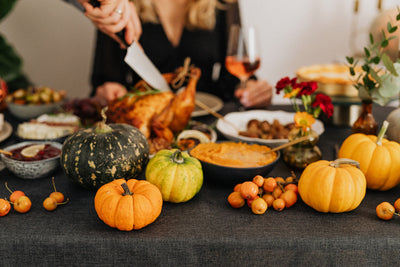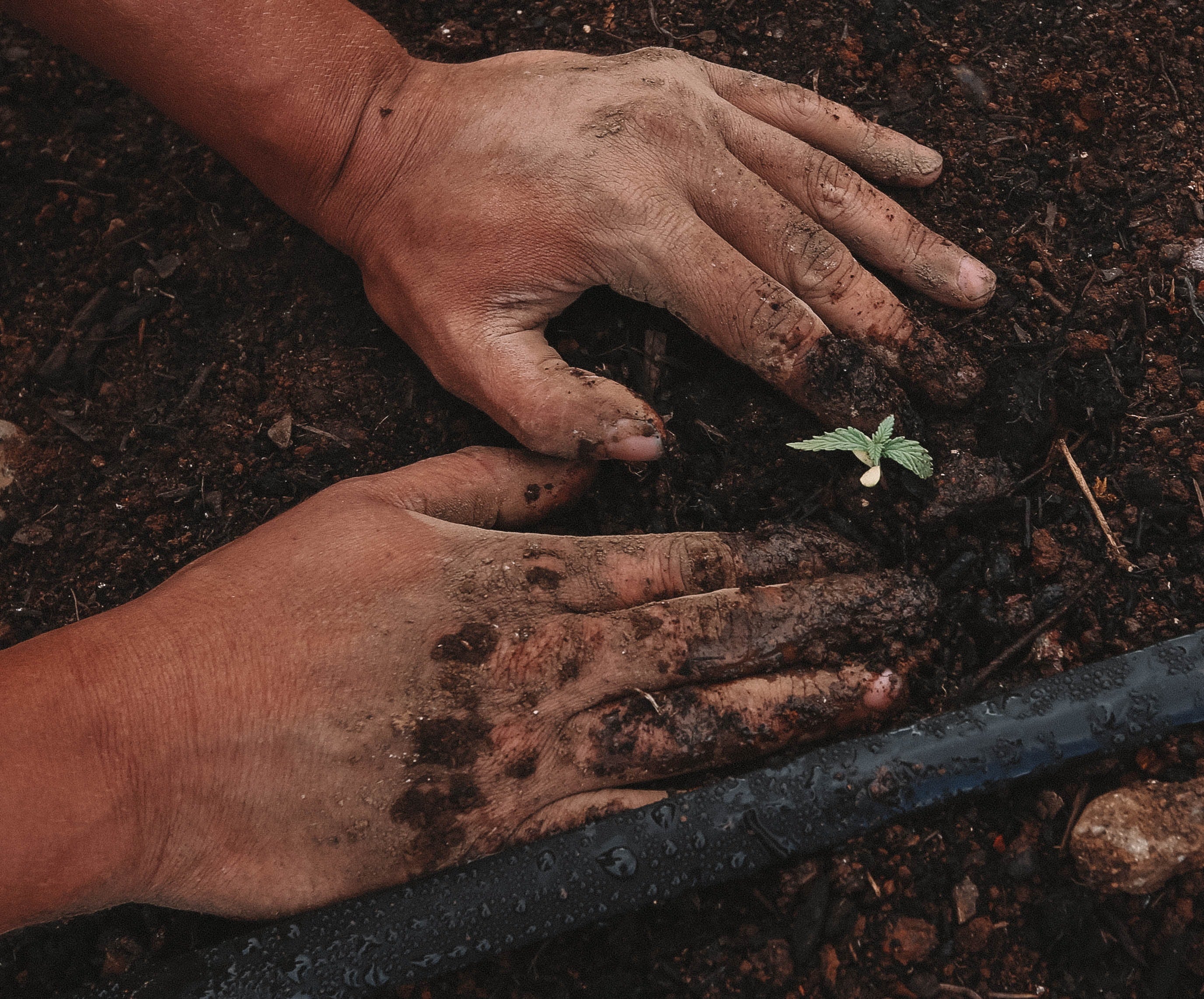Composting is an age-old practice of turning organic waste into nutrient-rich fertilizer. This process not only helps reduce the amount of waste sent to landfills but also creates a sustainable source of fertilizer for your survival garden. In this post, we'll explore the benefits of composting for survival gardeners, the materials you need to get started, how to create a compost pile, and how we can provide the Tools and Soil Amendments that will start your survival garden off right.
Benefits of Composting for Survival Gardeners
Composting has several benefits for survival gardeners. First, it reduces the amount of organic waste that is sent to landfills, where it can take years to decompose and contribute to greenhouse gas emissions. Instead, composting allows you to turn your organic waste into a valuable resource for your garden. Compost is full of beneficial microorganisms that help break down organic matter into nutrients that your plants can use.
Composting also helps improve soil health by adding organic matter to the soil. This organic matter helps improve soil structure, increase water retention, and promote healthy plant growth. In addition, composting can help reduce the need for synthetic fertilizers, which can be expensive and harmful to the environment.

Materials for Composting
Our Azomite Trace Mineral packs are perfect for adding minerals to compost for healthy soil. To get started with composting, you'll need a few materials. These include a compost bin, organic waste, and a composting tool such as a pitchfork or shovel. Compost bins can be purchased online or at your local garden center, or you can make your own using materials such as wood pallets or chicken wire. When choosing a compost bin, look for one that has good ventilation and is large enough to accommodate your organic waste.
Organic waste includes any plant material that is biodegradable, such as leaves, grass clippings, and kitchen scraps. Avoid adding meat, dairy, and oils to your compost pile, as these can attract pests and slow down the composting process. You can also add other organic materials such as wood chips and sawdust, as long as they are not treated with chemicals. At Seed Armory, we provide many products that help your garden flourish from start to finish, composting soil to reaping a harvest.
Creating a Compost Pile
To create a compost pile, start by choosing a location in your yard that is well-draining and receives plenty of sunlight. Then, layer your organic waste in the compost bin, alternating between dry materials such as leaves and wood chips and wet materials such as kitchen scraps and grass clippings. Each layer should be about 6 inches deep.
As you add layers to your compost pile, use your composting tool to mix the materials together. This helps aerate the pile and ensure that the organic matter decomposes evenly. You can also add water to the pile as needed to keep it moist but not saturated.
Maintaining Your Compost Pile
Maintaining your compost pile is important to ensure that it decomposes properly. Turn the pile once a week using your composting tool to mix the materials together and introduce oxygen to the pile. This helps speed up the composting process and ensures that all of the organic matter is broken down evenly.
It's also important to monitor the temperature of your compost pile. As the organic matter decomposes, the temperature of the pile will increase. Ideally, you want the temperature to reach between 130-160°F to ensure that harmful pathogens are destroyed. If the temperature drops below 130°F, turn the pile more frequently to introduce more oxygen and speed up the decomposition process.
Using Your Compost in the Garden
Once your compost has finished decomposing, it's ready to use in your garden. Spread the compost over your garden beds to a depth of 2-3 inches, and mix it into the top few inches of soil. This helps improve soil structure, increase water retention, and promote healthy plant growth.
Once your compost pile is established, you will need to maintain it by regularly turning and watering it. Turning the pile every few weeks will help aerate it and promote decomposition. You can use a pitchfork or a compost turner to mix the materials in the pile. Additionally, you will need to keep the pile moist but not waterlogged. If the pile becomes too dry, it will slow down the decomposition process.
When your compost is ready, it should be dark, crumbly, and have a sweet earthy smell. This can take anywhere from several weeks to several months, depending on the size of the pile, the materials used, and the conditions of the environment. Once it is ready, you can use the compost in your survival garden to help your plants thrive.

Benefits of Composting for Survival Gardening
There are many benefits to composting for survival gardening. Here are some of the most important:
-
Reduces waste: Composting allows you to turn your food scraps and yard waste into a valuable resource instead of sending it to a landfill.
-
Saves money: By making your own compost, you can save money on fertilizers and soil amendments.
-
Improves soil health: Compost is a natural fertilizer that provides nutrients to the soil and improves its structure, which in turn promotes healthy plant growth.
-
Reduces water usage: Compost helps to retain water in the soil, which reduces the need for watering your garden.
-
Promotes biodiversity: Composting helps to create a healthy soil ecosystem that supports a diverse range of microorganisms and beneficial insects.
By composting, you can create a sustainable and self-sufficient survival garden that produces healthy and nutritious food. Additionally, composting is an eco-friendly practice that reduces waste and promotes a healthy environment.
Bottom Line...
Composting is an important practice for survival gardeners. By turning waste into fertilizer, you can create a sustainable and self-sufficient garden that produces healthy and nutritious food. Whether you are a beginner or an experienced gardener, composting is a simple and effective way to improve the health of your soil and your plants. So, start composting today and see the benefits for yourself!
Next Steps
If the amount of time and effort needed for survival gardening seems overwhelming, there are simple ways to enhance both your own health and the health of your garden. Are you ready to learn more? Get everything you need to help your survival garden flourish, from survival seeds to bat houses and tools.











